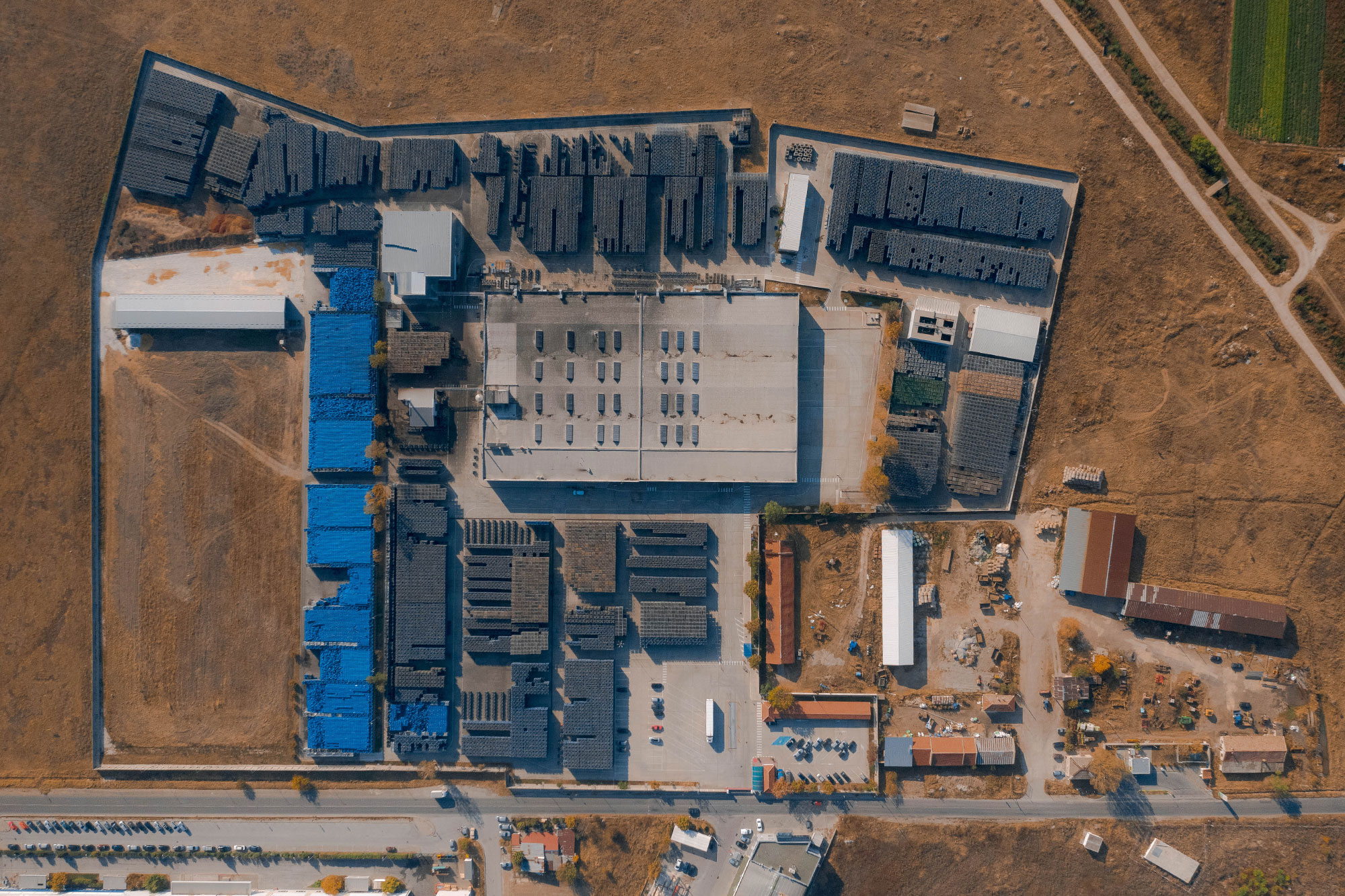
The Working City project focuses on one of the largest industrial zones in the country, the Thrace Economic Zone (TIZ), and examines the effect of modern industry on the urban environment through the interrelationships between production, social development, ecology, and technology.
The project is supported by the Institute for Landscape and Urban Studies ETH Zürich and is carried out in collaboration with the Nеwrope Chair of Urban Transformation. The initiative focuses on the Kuklen Industrial Park and, based on in-depth research and urban interventions, aims to understand the possibilities for transforming the global industry into a more socially responsible and environmentally sustainable one.
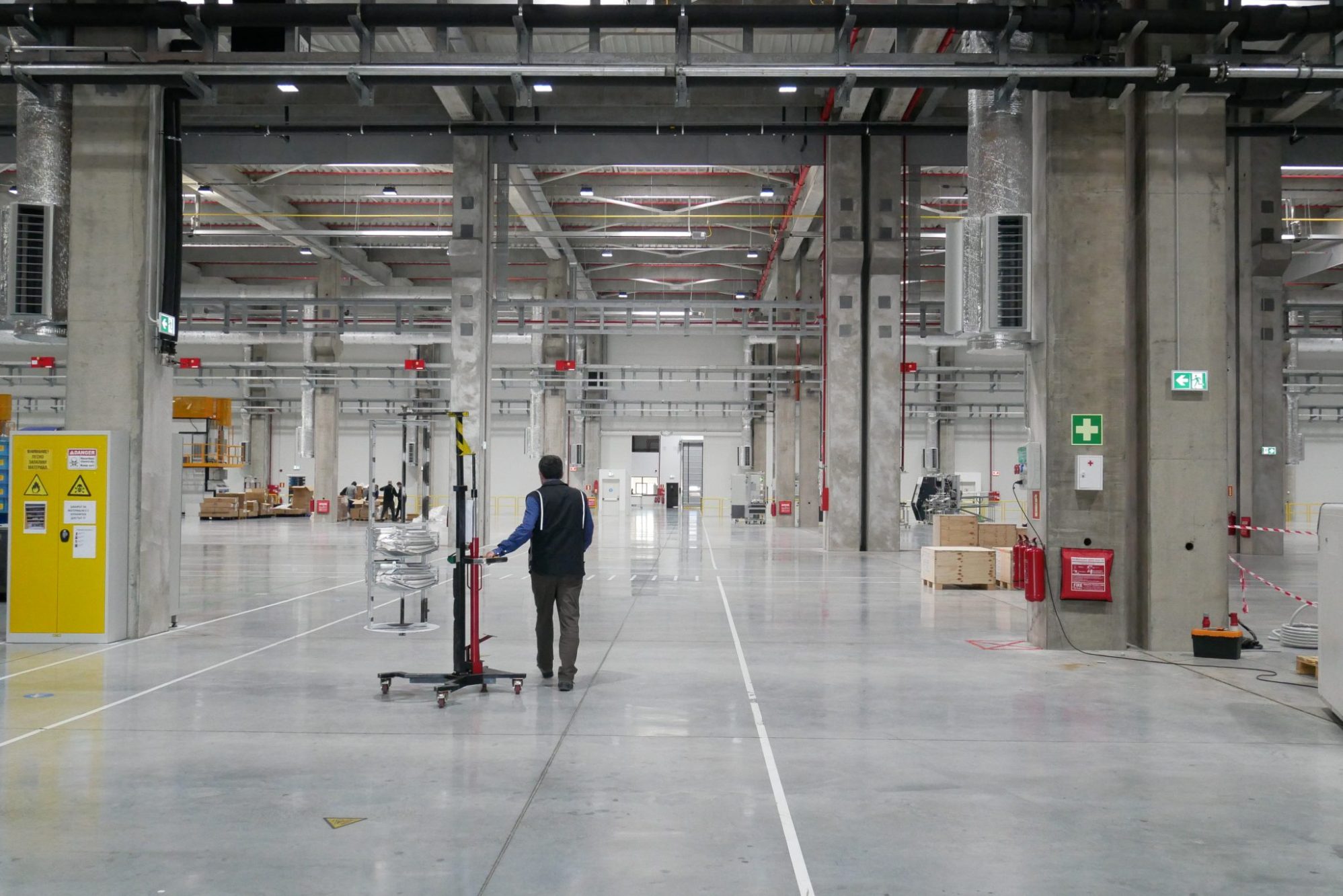
The demographic, economic, and social changes of the Plovdiv region, combined with the dynamic global trends in production, are a prerequisite for a rethinking of TEZ from both a technological and a social point of view.
Working City aims to answer the following main questions:
How can an industrial zone develop sustainably, with the possibility of adapting to the future?
How should the transformation of the TIZ into a green industrial park happen and what does green industry mean?
How can such a transformation bring added value to the whole region?
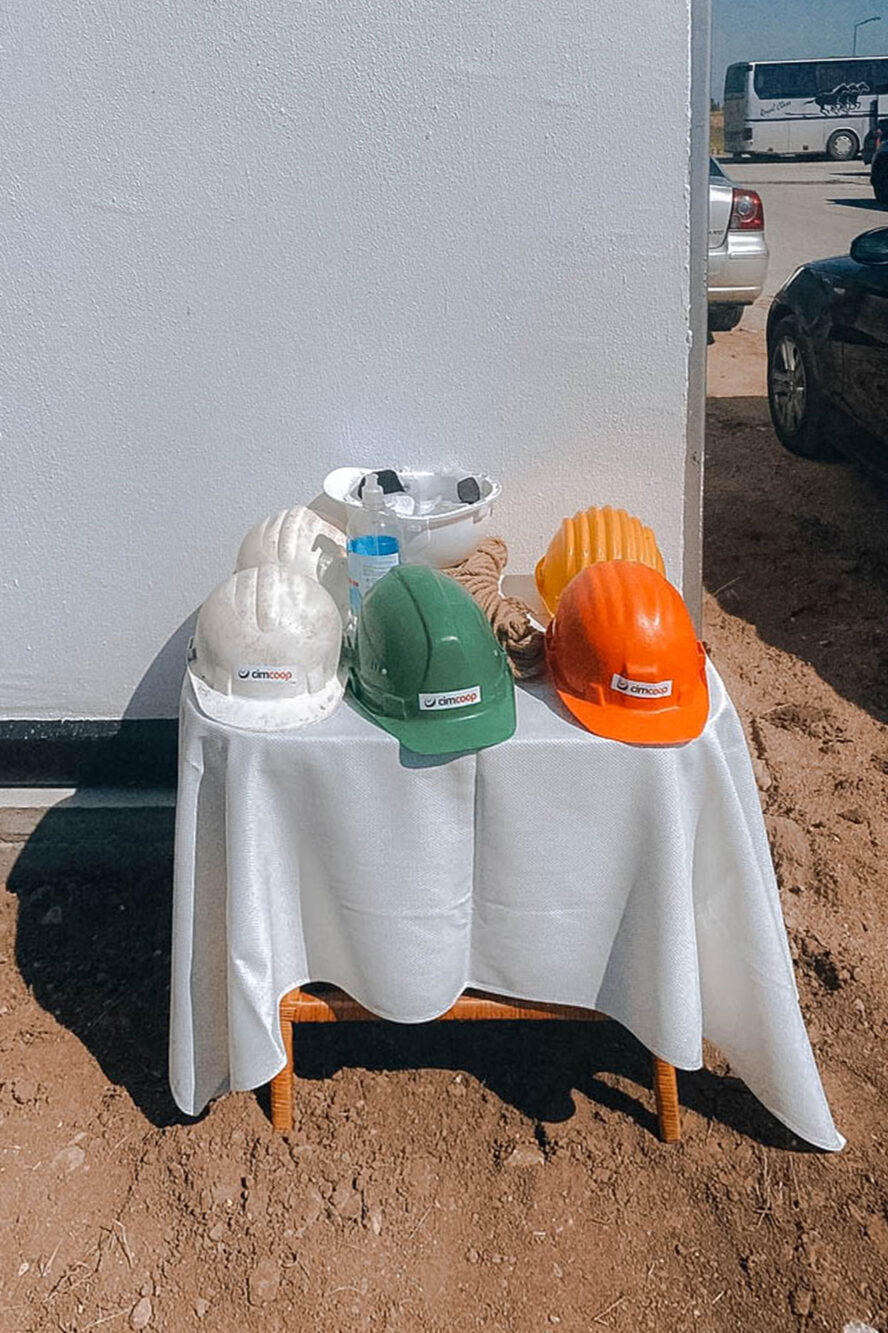
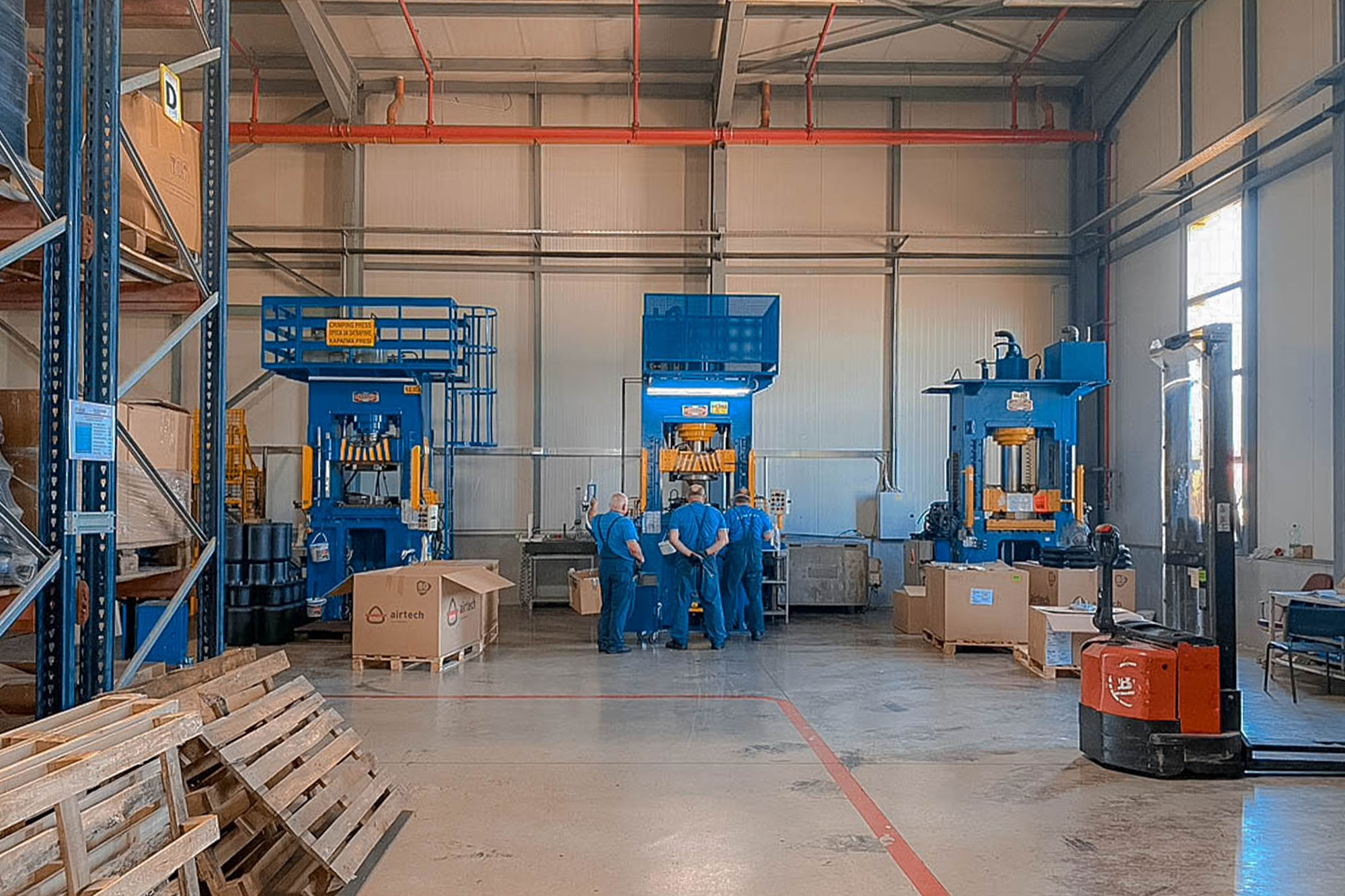
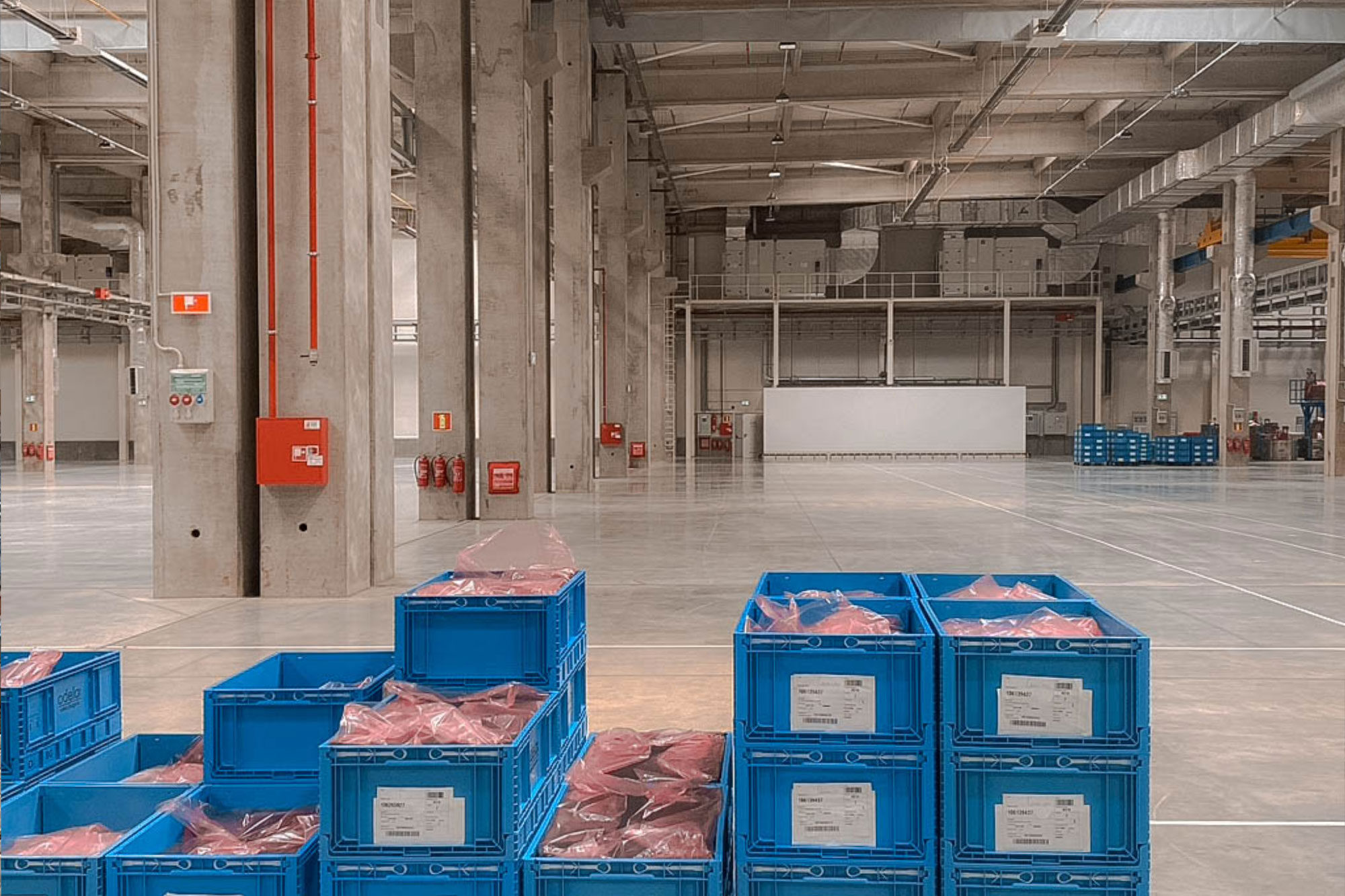
The project methodology is based on an inclusive process that considers the perspectives of different actors involved in transforming Kuklen Industrial Park – workers, administration, international companies, and social organizations. The process includes the following points:
- Interviews with active actors in the Kuklen industrial zone (factory managers, workers, city administration, consulting agencies, and government representatives);
- Workshops with the different actors to develop a shared vision for the industrial park
- Defining priorities for the transformation of the zone
- Development of interventions and prototypes to test alternative uses and space planning in the Kuklen Industrial Park in partnership with the Department of Architecture and Urban Transformation at the Technical University Zurich Newrope;
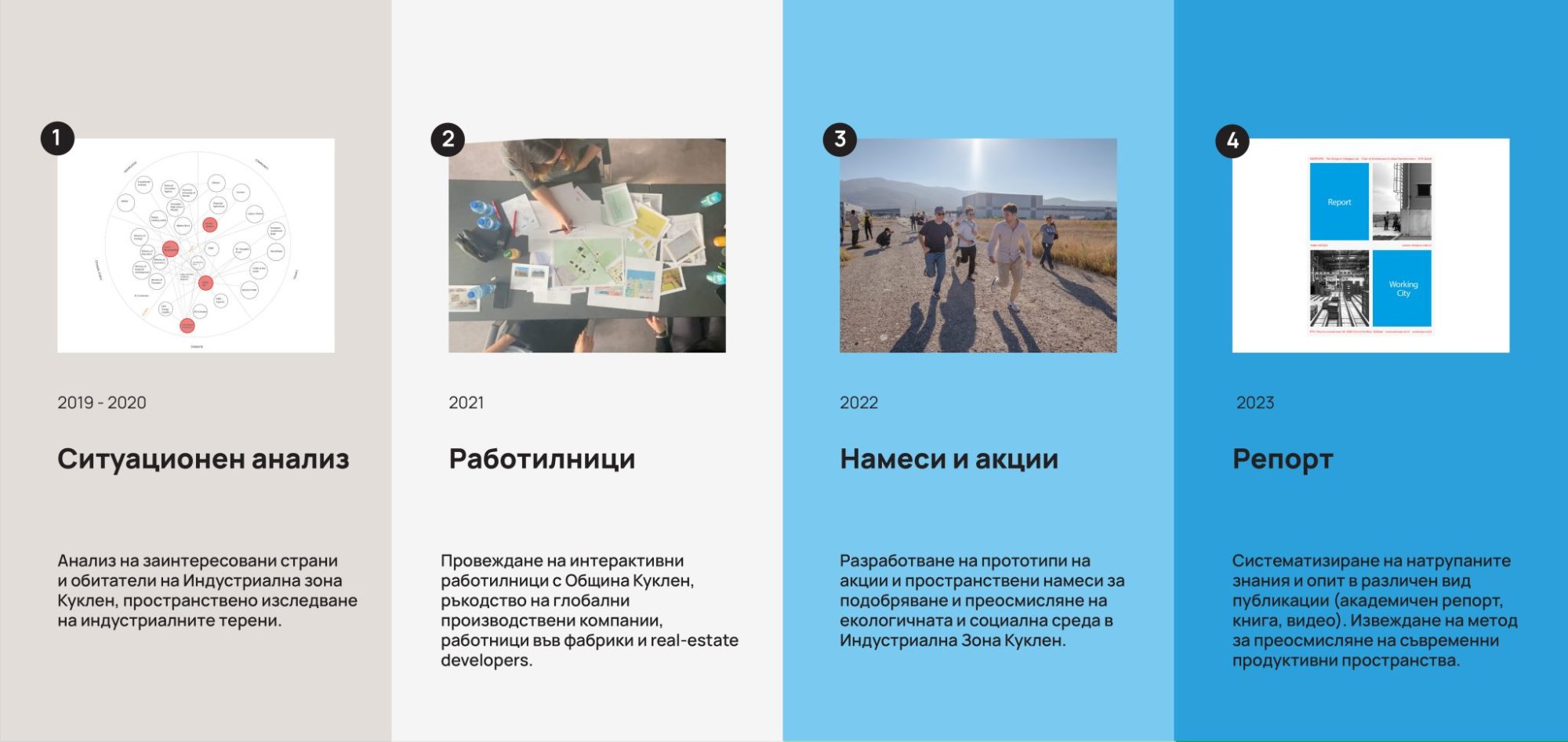
The in-depth three-year study of the Kuklen Industrial Park and the Willi Elbe and Odelo factories, in particular, is the first of its kind on a global scale. The work involves all the different countries that develop and inhabit the area. More than fifty interviews were conducted with representatives of the administration of the city of Kuklen, the management of the factories, machine operators, and support staff. The study included the ecological prerequisites of the industrial zone, such as the soil and the animals that inhabit it, with the ambition of creating a vital picture of modern industry. Using experimental methods such as interactive workshops, walks through the zone’s terrain, and performances, we defined the main priorities and guidelines for creating concrete interventions. The main line we identified a need to work on was connecting with nature, improving urban infrastructure, and creating meaningful places and activities for the five hundred factory workers to rest.
Transformative industrial interventions
The interventions at the Willi Elbe and Odelo factories took place in partnership with the Newrope Department of Urban Transformation’s design studio Smooth Operator(s). Over the course of two months, architecture students from ETH Zurich developed models and performative mock-ups that responded to the desires of different people in the Kuklen Industrial Park, also taking into account the needs of all kinds of organisms that inhabit the local industrial environment. The interventions were implemented by the Swiss students in October 2022 in Kuklen in the form of an interactive presentation of the local actors. The interventions ranged from physical transformations such as building resting places and designing products from waste industrial materials to incorporating new activities such as collective walks around the factories, creating an air conditioning circuit, and aromatherapy machines in the production spaces.
This research process, which is being carried out for the first time in contemporary factories, is an initial step in rethinking global production spaces from isolated spaces into active urban environments. Interventions are not an end result but a method of engaging different parties in collaboration to create a shared, responsible, and inclusive vision for industrial sites, buildings, and ecosystems. The next step in the project is to create precisely this collective and socially engaged vision for developing the Kuklen industrial area.
Partners
Trakia Economic Zone
Municipality of Kuklen
Odelo
Mecalit
Willy Elbe
ETH Zürich